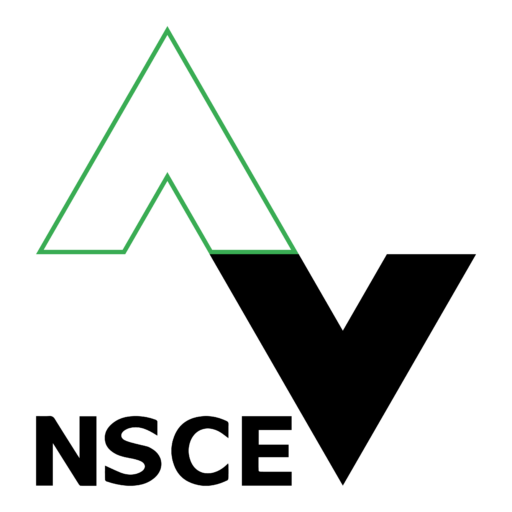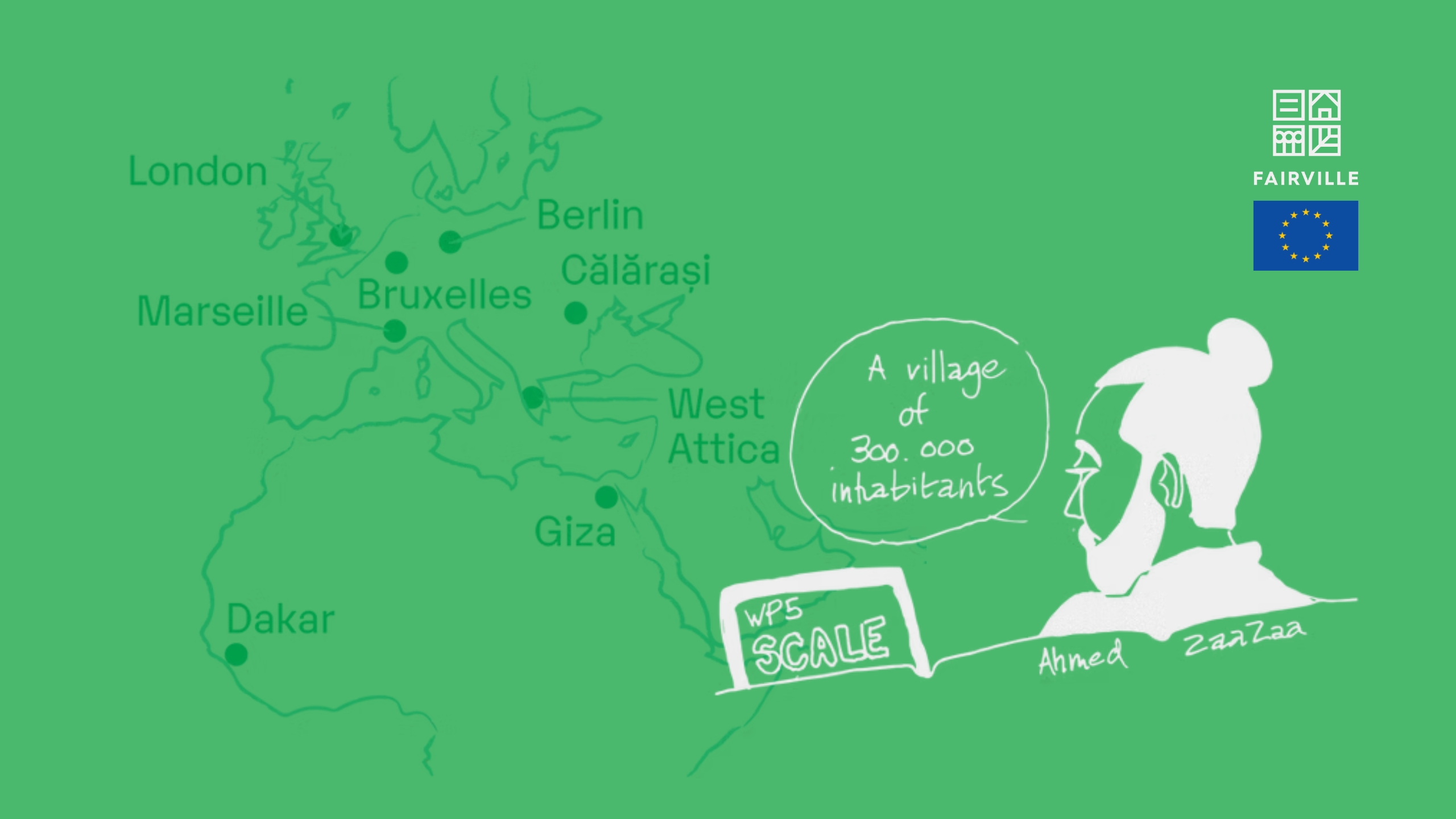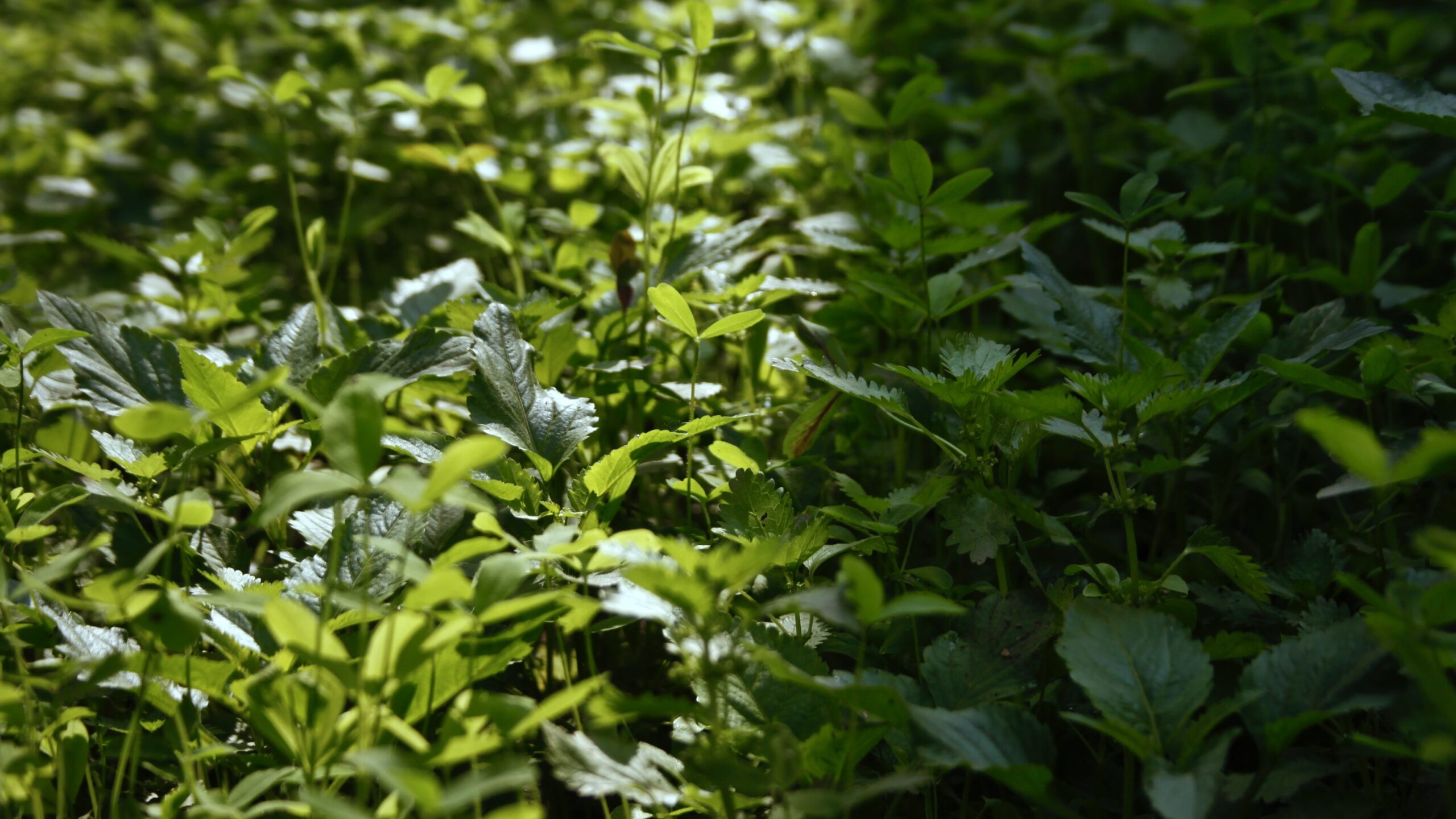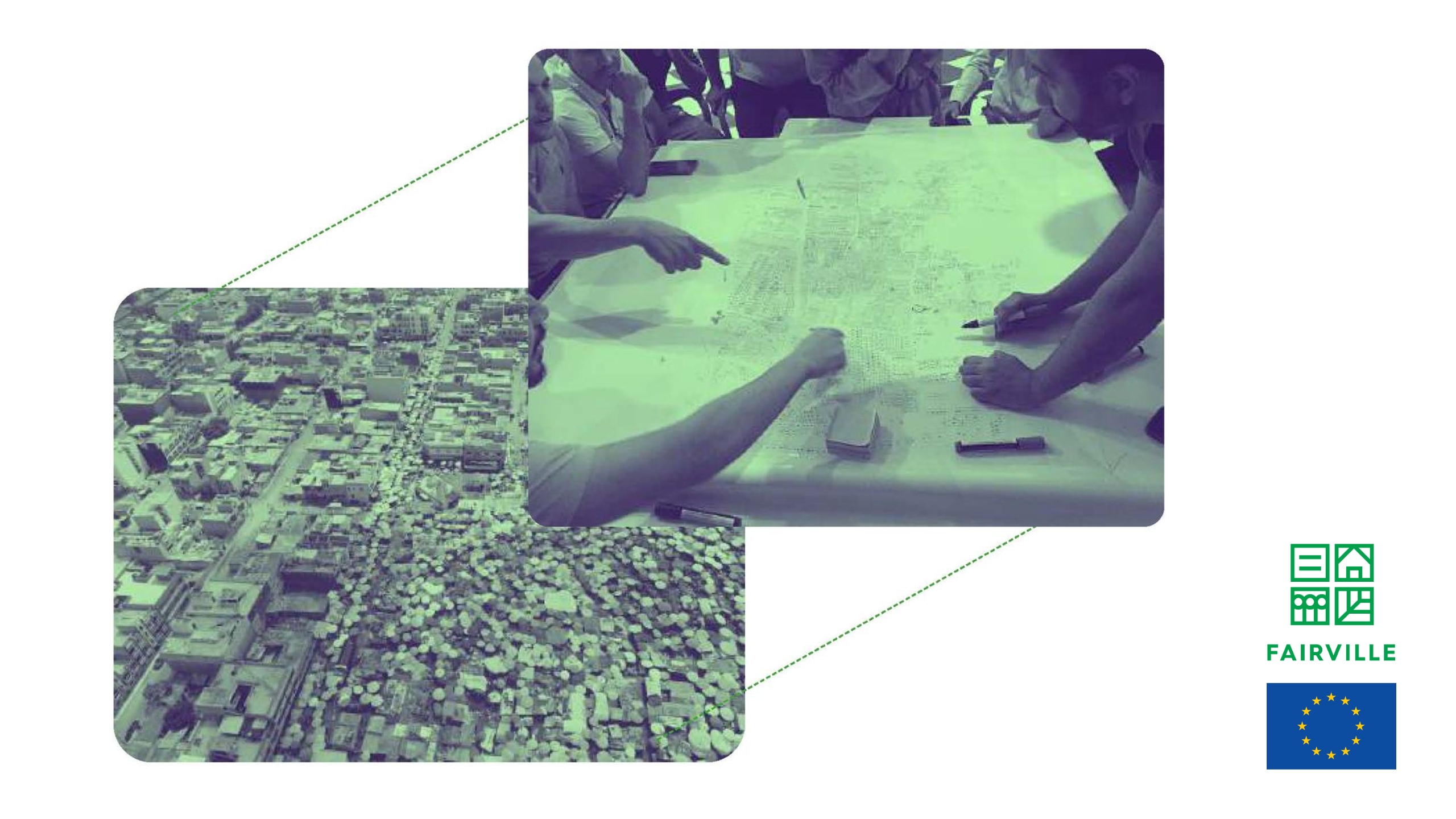The Gender Component of the Fayoum Wastewater Expansion Programme called “Women’s Economic Inclusion in Fayoum” supports women’s access to economic opportunities within rural sectors. As the women of Beyahmo, Al Kaabi Al Kadeema, and Al Akhsas continue their journey in the EBRD programme in Fayoum, they now embark on an exciting new training module: Networking and Partnerships.
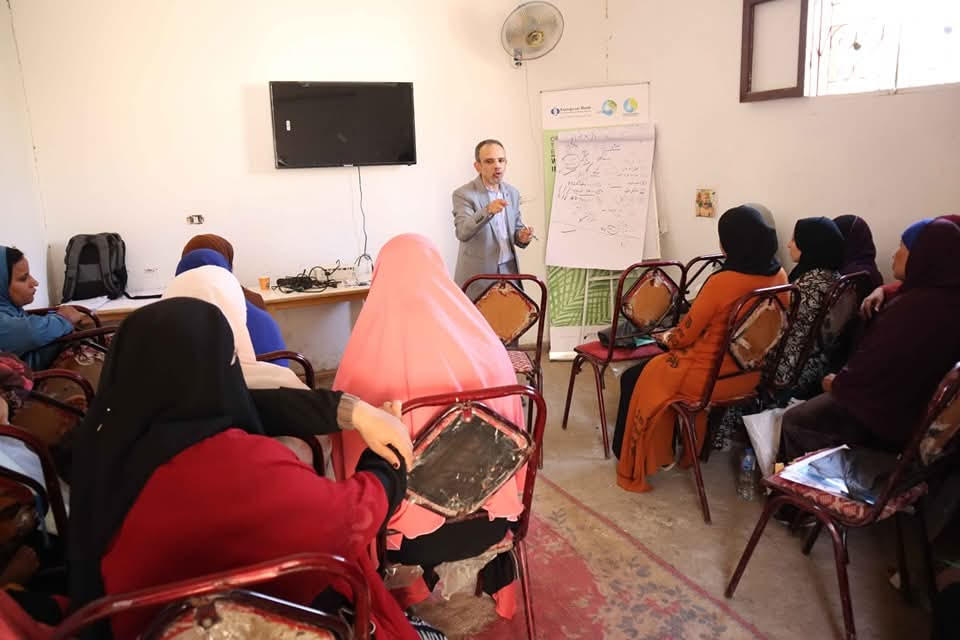
This stage of their training is not just about building business relationships, it is about creating powerful connections that will serve as the backbone of their growth and success.
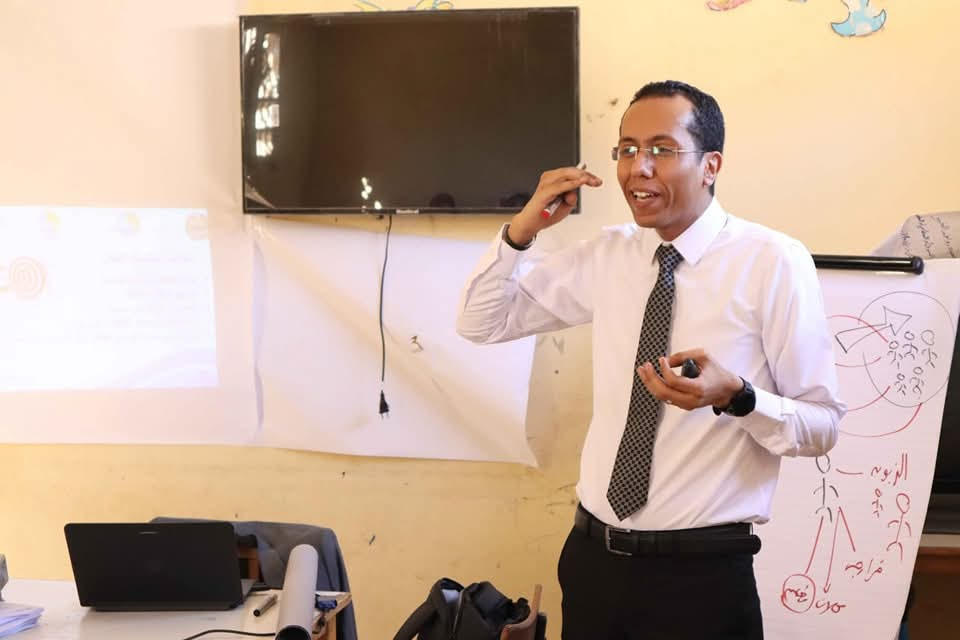
Project: Women's Economic Inclusion in FayoumIn this module, these determined entrepreneurs are learning how to craft strategic partnerships, weave strong networks, and collaborate in ways that will elevate their business. Whether they are working in palm dates, fisheries, poultry or handicrafts, the power of partnership is their key to unlocking new economic opportunities, sharing knowledge and expanding their reach. Together, they will create an ecosystem of mutual support, helping each other thrive in a competitive market.
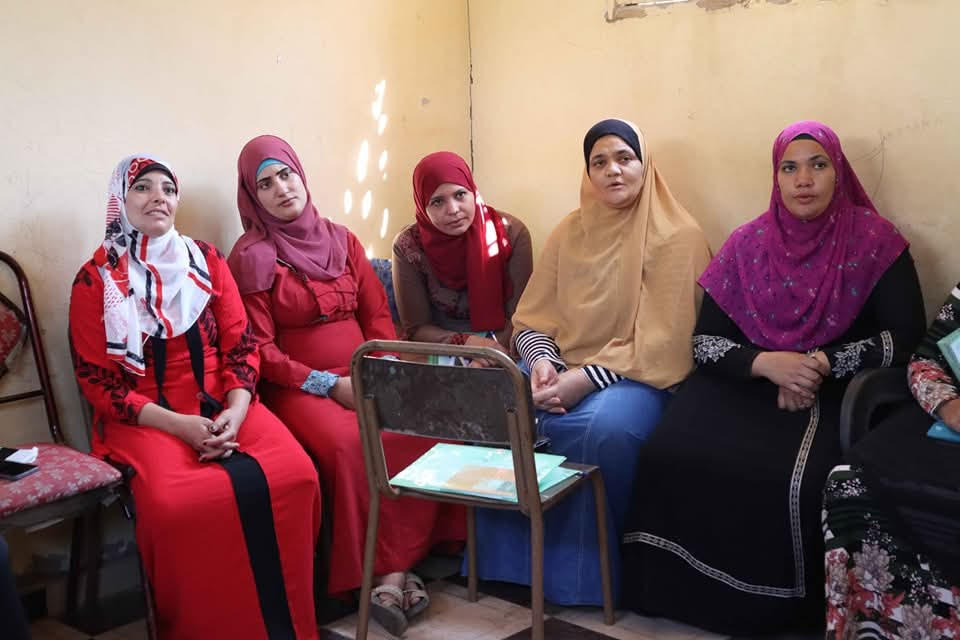
Alongside this training, another group is diving into practical financial management, engaging in hands-on exercises and activities designed to sharpen their financial skills and empower them to manage their resources more effectively.
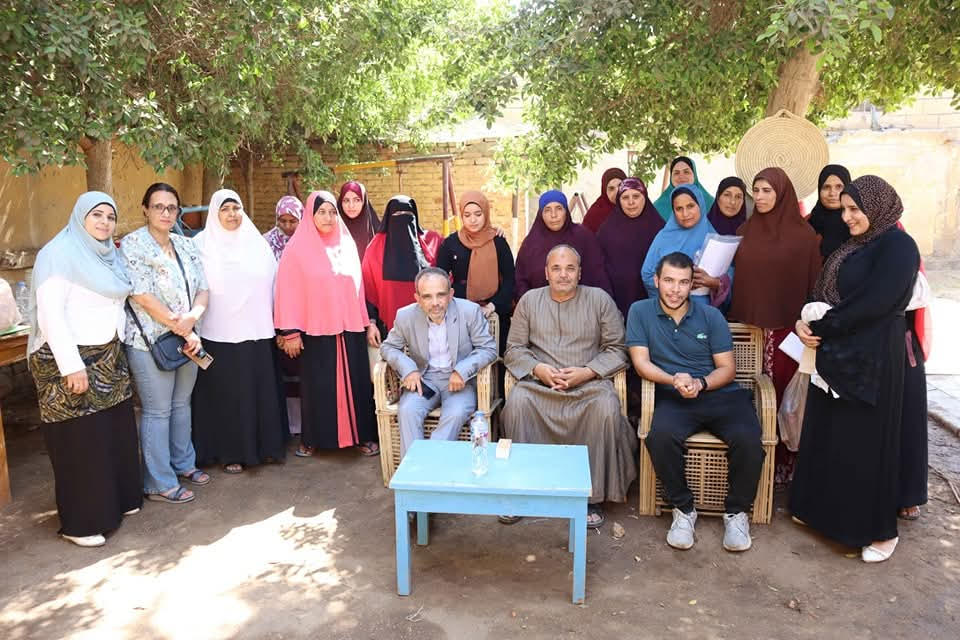
See also: Stitching A Future: Women’s Economic Inclusion in FayoumFinancial Inclusion according to the World Bank is:
individuals and businesses have access to useful and affordable financial products and services that meet their needs – transactions, payments, savings, credit and insurance – delivered in a responsible and sustainable way.
On the demand-side, the OECD identifies various factors impacting the extent to which individuals alternate between inclusion and exclusion including low levels of financial literacy.
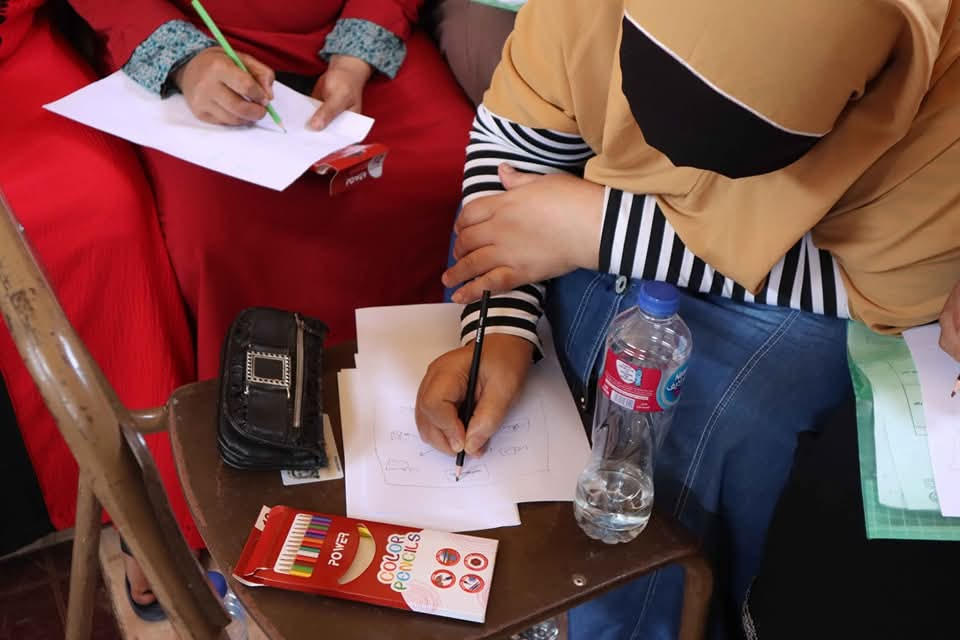
Low levels of financial literacy are here understood as:
A lack of awareness in relation to the different types of financial products and whether or not they meet particular requirements, a low level of confidence, and certain attitudes and behaviours that inhibit use of, and trust in, formal financial products create barriers to access.
Therefore, NSCE identifies knowledge, attitude and practice (KAP) as key learning outcomes of financial education to improve the financial capacity of women-led MSMEs within rural areas.
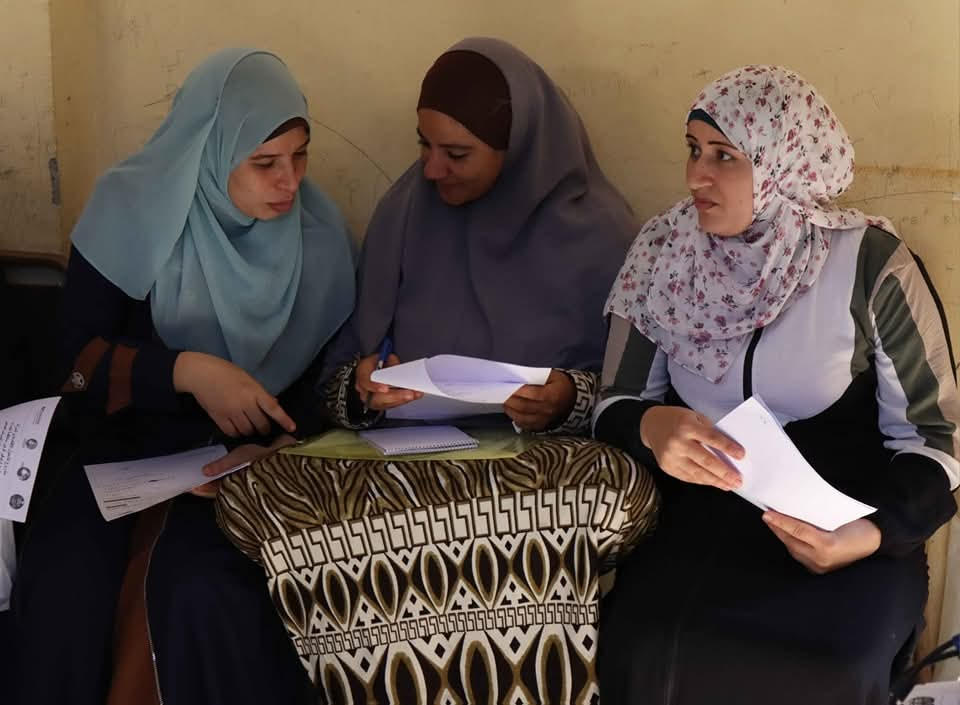
Facilitating access to finance (A2F) is key through financial education and financial literacy training on for example fundraising. The working package also aims to pave the way for networking opportunities to women entrepreneurs through the development of digital channels and event organisation, study tours, and site visits of female farmers to agri-MSMSEs and larger agri-businesses. The training day focused on refining the women’s skills in budgeting, cash flow management, and strategic financial planning.
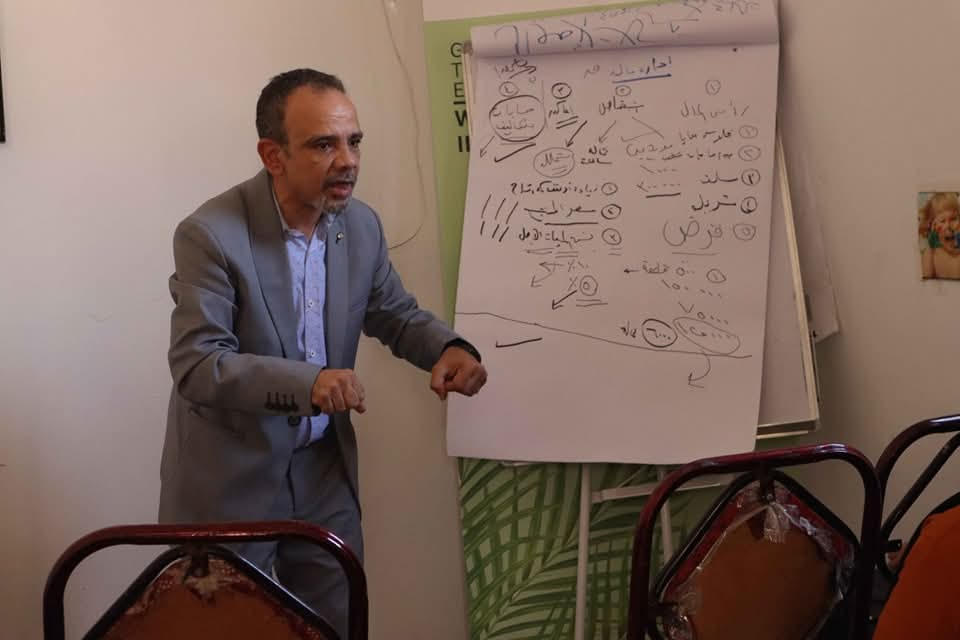
The project includes the design and implementation of a 1-year training programme to enhance women-led agro MSME’s capacities and support the creation of new women-led businesses in the sectors of commercial agriculture, agricultural value chains, fisheries and related handicrafts.

